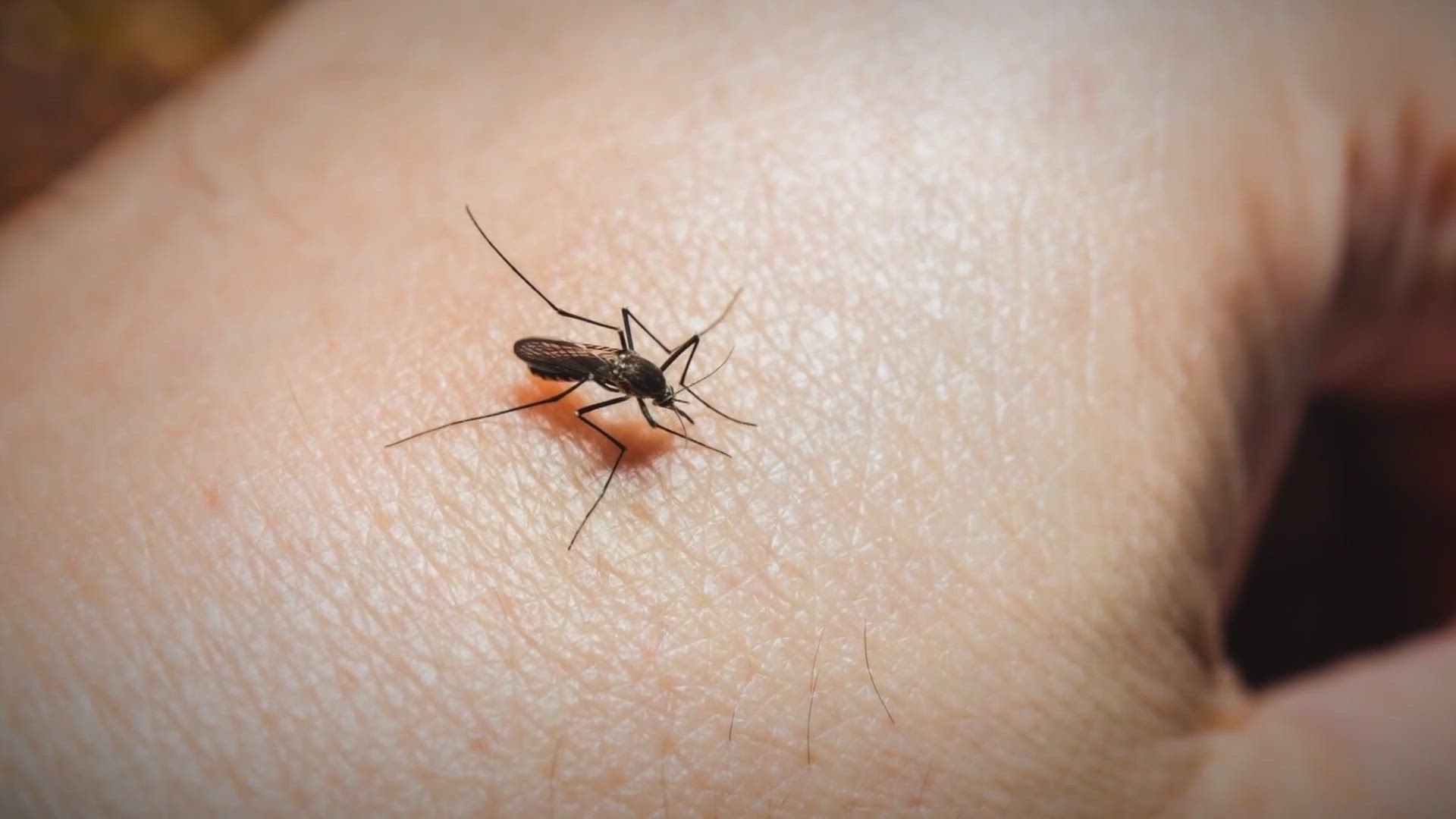SAN ANTONIO — In July we reported about a 35-year-old man who contracted typhus from a single flea bite which sent him to the hospital. One month later, he lost his hands and toes.
In tonight's Wear The Gown, we look at insect-borne illnesses to find out if they are on the rise in south Texas.
There are couple of factors leading to the increased numbers of diagnoses and awareness of insect borne illnesses from insects like fleas. One, could have to do with a warming climate.
"With increased warmth across the globe, there's going to be increased tolerance for some of these infections, and there's going to be shifting or moving of some of these vectors, these insects that can transmit these infections," said Dr. Jason Bowling, the chief epidemiologist at University Health, and professor of infectious diseases with UT Health San Antonio.
He says increasing awareness and more testing is a second factor.
"They're testing more," Dr. Bowling said. "And so as we test more, we find some in places where we might not have thought to look before."
What should you look out for to find out if you may have contracted typhus?
"Most people have symptoms that are pretty mild and go away on their own," Dr. Bowling told us. "They may have some nonspecific symptoms like fever, chills, fatigue, some nausea, and vomiting. About half of people will have a very mild rash that goes away pretty quickly. But some people can have more severe illness. And as was the kind of publicized case recently here, you can go into sepsis, which is overwhelming infection that can lead to decreased blood flow to your extremities, your arms or legs, to different organs in the body, and even death. There's about a 4% mortality rate with typhus. So it's pretty low overall. But obviously, with the number of cases that we have, some people, unfortunately have very severe cases of typhus infection. And it's important for people to know about that so they can report that they've been exposed to fleas or had a lot of flea bites. And for providers to know so that they send the right diagnostic tests and use the right medication."
Mosquitos are also a big problem. Researchers tracked the impact of warmer weather from 1979 to 2022. They found 71% of the U.S. locations saw a 16-day increase in the length of mosquito season. For those that contract West Nile from mosquitos, most will not develop symptoms, but about 20% will make develop a fever, headache, body aches, and a skin rash, but will recover quickly.
Dr. Bowling says to reduce your risk of contracting West Nile you need to practice mosquito abatement.
"Go around your house, make sure that you don't have standing pools of water, even water around, you know, a dish with plants in it," Dr. Bowling said. "Water and bowls outside can serve as reservoirs for mosquitoes to breed and increase in number in and around your house wearing insect repellent."
Zika has largely gone away and is not much a concern, but the dengue virus is.
"Dengue virus infection can cause and most people kind of nonspecific symptoms, but similar to a viral infection that they might have," Dr. Bowling told us. "But classic symptoms, it's actually also known as break bones fever, which is worrisome, can cause a significant headache, particularly behind the eyes and pain with movement of the eyes and significant joint pain. And 60% to 70% of people that have infection, they feel like their bones are breaking, which is why it has this break bones symptom name to it as well."
For more information about family health call 210-358-3045. You can also find the rest of Wear The Gown stories, just go to WearTheGown.com.

